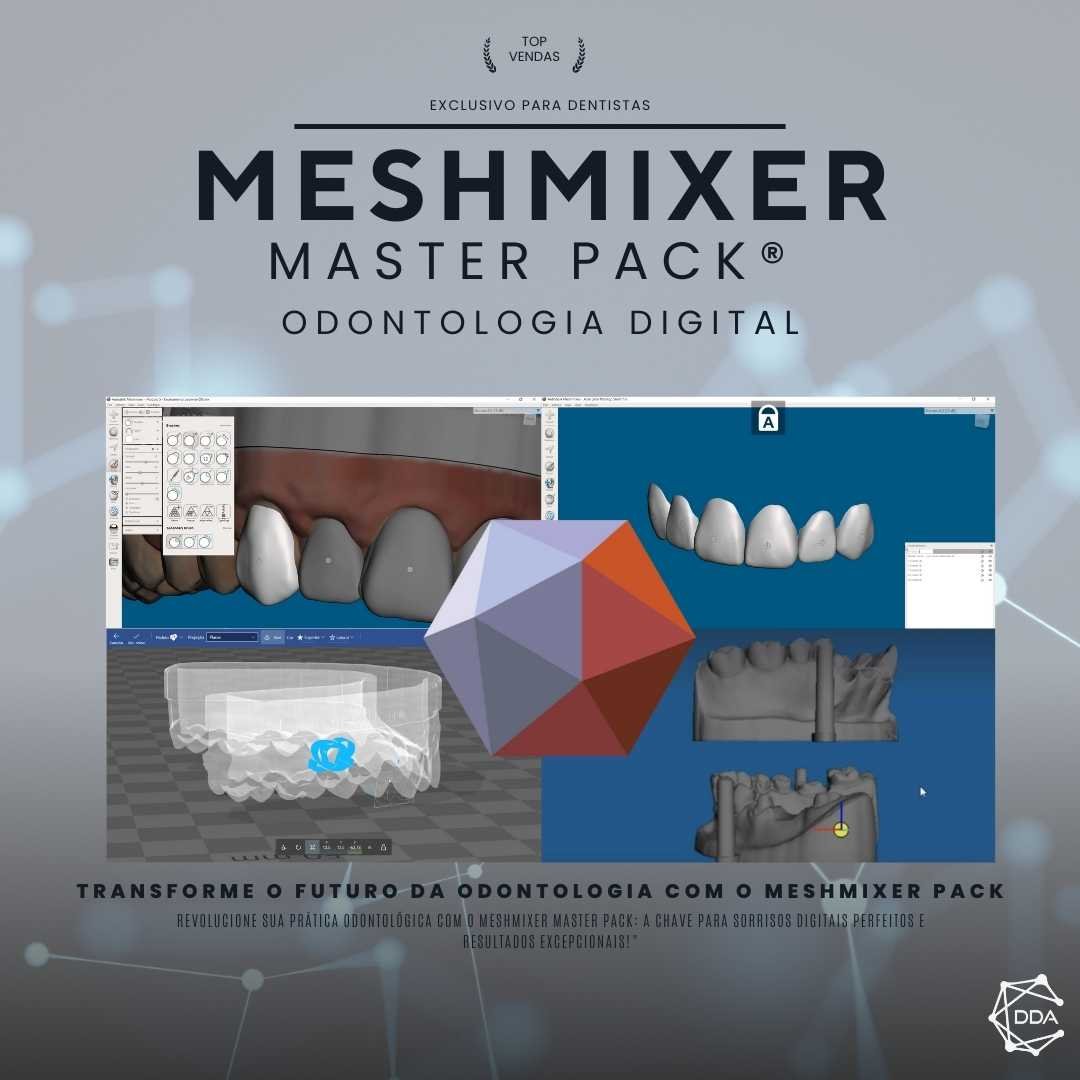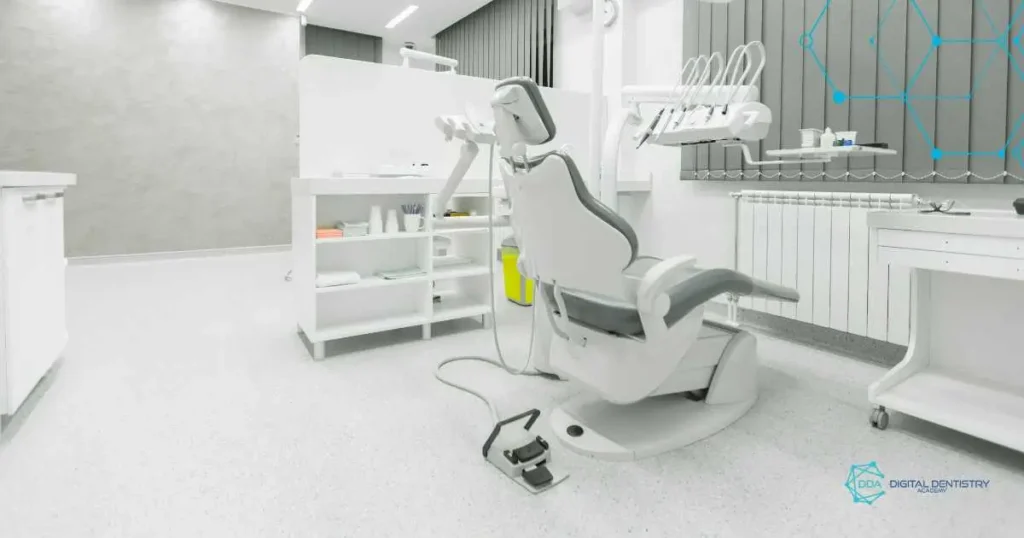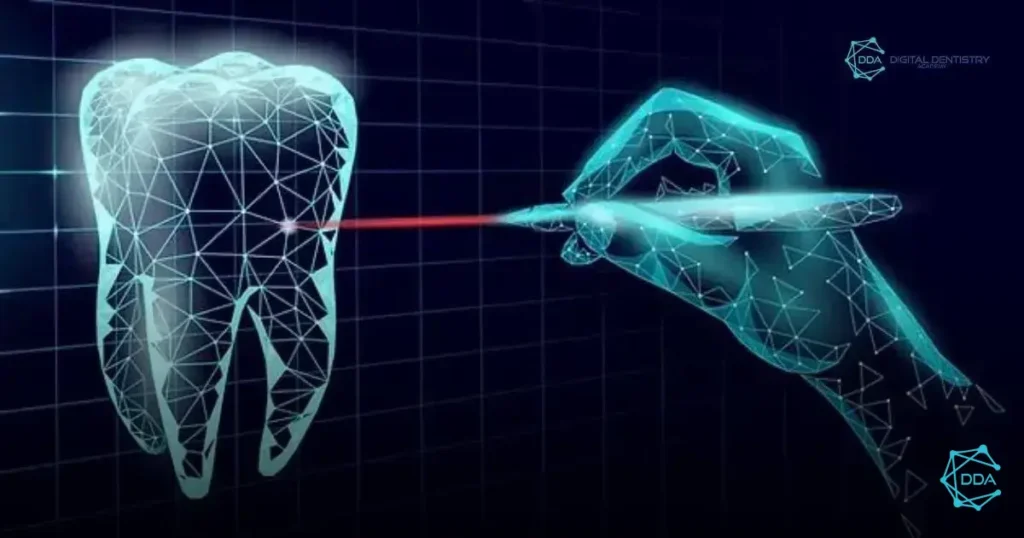Specialization in digital dentistry is a growing field that is revolutionizing the way oral health professionals work. In this post, you'll learn the benefits of this specialization and how it can transform your career, opening up new opportunities and enhancing your skills. Read on to learn all about this innovative trend.
What is the Specialization in Digital Dentistry?
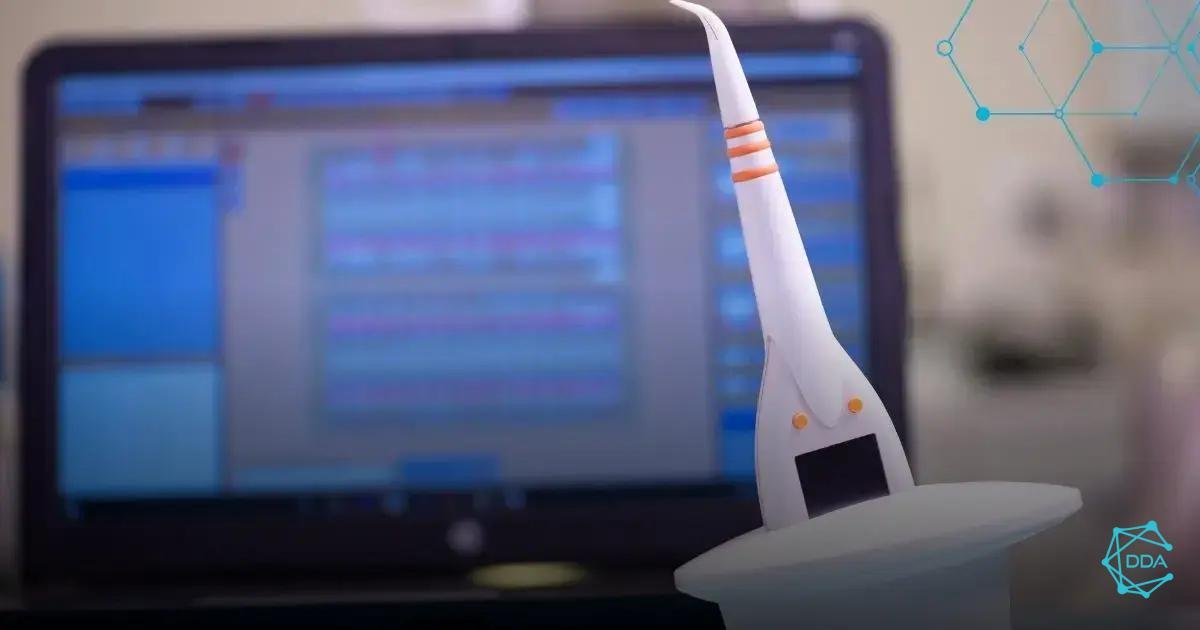

What is the Specialization in Digital Dentistry?
Specialization in digital dentistry refers to the use of digital technologies to improve dental services and the patient experience. This area encompasses a variety of tools and techniques, such as digital imaging, planning software, 3D printing, and intraoral scanners, which enable dentists to perform more accurate diagnoses and more efficient treatments.
With the growing demand for innovative oral health solutions, digital dentistry stands out as a response to patients' needs for faster, less invasive procedures. By specializing in this area, professionals not only stay up-to-date with new technologies but also expand their market opportunities.
This specialization provides a solid foundation for understanding new practices and procedures, enabling dentists to integrate digital technologies into their daily work. Furthermore, training in digital dentistry is essential for professionals who want to stand out in an increasingly competitive field.
Benefits of Digital Dentistry for Professionals


Benefits of Digital Dentistry for Professionals
Digital dentistry offers a variety of benefits that can transform professional practice and improve the patient experience. Key benefits include:
- Diagnostic Accuracy: The use of advanced technology, such as intraoral scanners and digital radiographs, allows for more accurate and detailed diagnoses.
- Increased Efficiency: Digital tools accelerate workflow, reducing time spent on manual processes and increasing office productivity.
- Better Communication with Patients: Digital visualization makes it easier to explain treatments, helping patients better understand their conditions and the proposed solutions.
- Treatment Personalization: With digital resources, it is possible to create tailored treatment plans, more effectively meeting the individual needs of each patient.
- Error Reduction: Automation and digitalization of processes minimize the margin for human error, resulting in safer and more effective treatments.
These benefits not only improve the quality of care, but also allow professionals to stand out in an increasingly competitive market, attracting and retaining patients more easily.
Technologies Used in Digital Dentistry
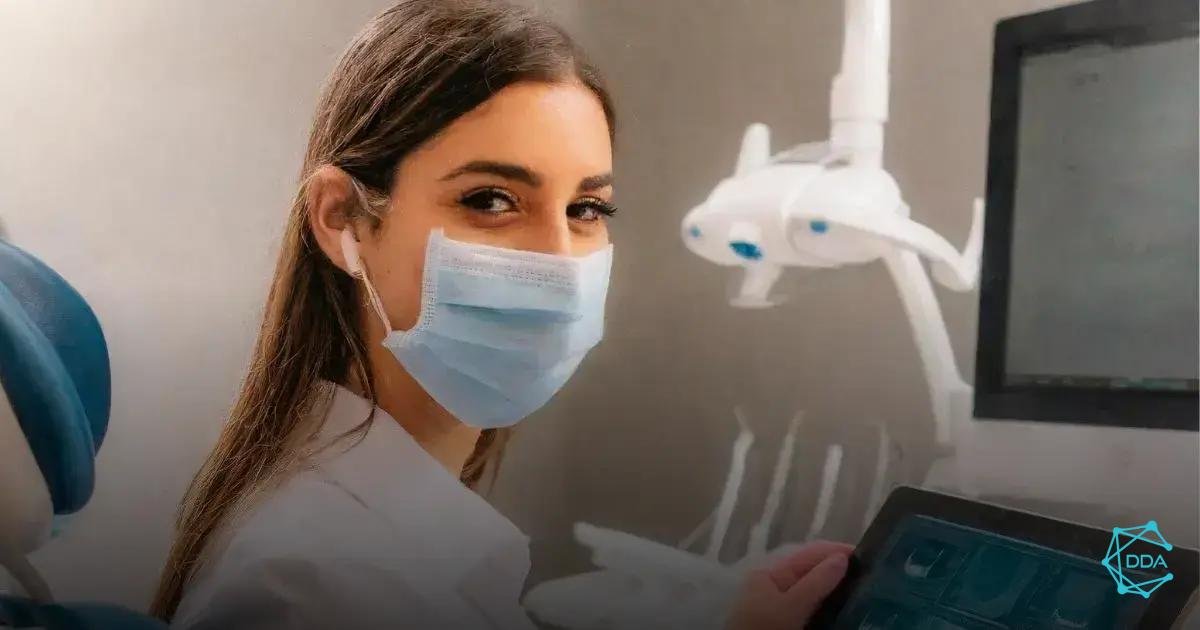

Technologies Used in Digital Dentistry
Digital dentistry incorporates a variety of advanced technologies that are revolutionizing dental practice. Here are some of the main technologies used:
- Intraoral Scanners: These devices capture detailed digital images of the patient's mouth, enabling accurate diagnoses and the creation of digital impressions for restorations and orthodontics.
- 3D Printing: 3D printing makes it possible to create custom dentures, aligners, and other devices, making the process faster and more cost-effective.
- Digital X-rays: Digital radiographs provide high-quality images with less radiation exposure, making it easier to diagnose and monitor dental conditions.
- Treatment Planning Software: These programs allow dentists to plan and simulate complex treatments, such as implants and orthodontics, before performing them in practice.
- Teledentistry: With teledentistry, professionals can conduct remote consultations, offering guidance and initial diagnoses without the need for an office visit.
These technologies not only improve the effectiveness of treatments, but also promote a more comfortable and interactive experience for patients, making digital dentistry an essential choice for the future of dental practice.
How to Choose a Specialization Course in Digital Dentistry
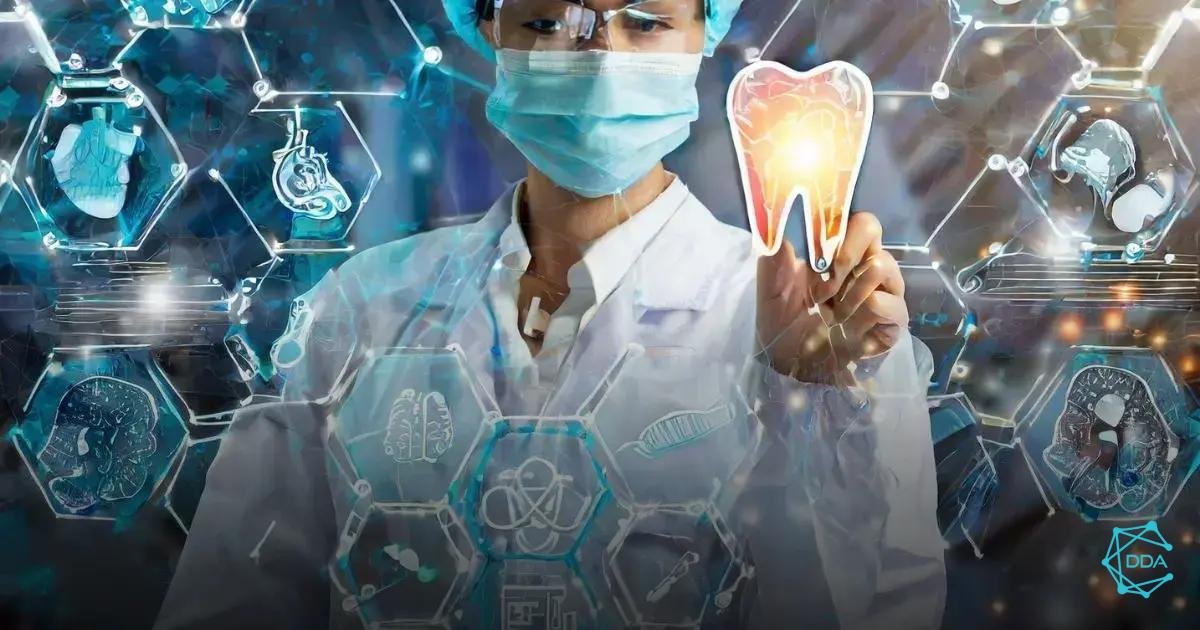

How to Choose a Specialization Course in Digital Dentistry
Choosing a specialization course in digital dentistry is an important decision that can impact your career. Here are some tips to help you make the right choice:
- Search Recognized Institutions: Look for educational institutions with a good reputation and recognized expertise in dentistry. Check whether the program is accredited by the appropriate agencies.
- Analyze the Resume: Review the course curriculum to ensure it covers key digital dentistry technologies and practices. A good course should include both theory and practice.
- Check the Quality of the Instructors: Investigate the instructors' training and experience. Instructors with practical experience in the field can offer valuable and up-to-date insights.
- Consider Course Flexibility: Check if the course offers flexible schedule options, such as online or in-person classes, to fit your professional routine.
- Read Student Reviews: Search for testimonials and reviews from former students to better understand the quality of the course and how it impacted their careers.
- Analyze the Infrastructure: Make sure the institution has well-equipped laboratories and access to the latest technologies used in digital dentistry.
Choosing the right course can open doors to job opportunities and career advancement, so do your research and choose wisely.
The Future of Dentistry with Digitalization
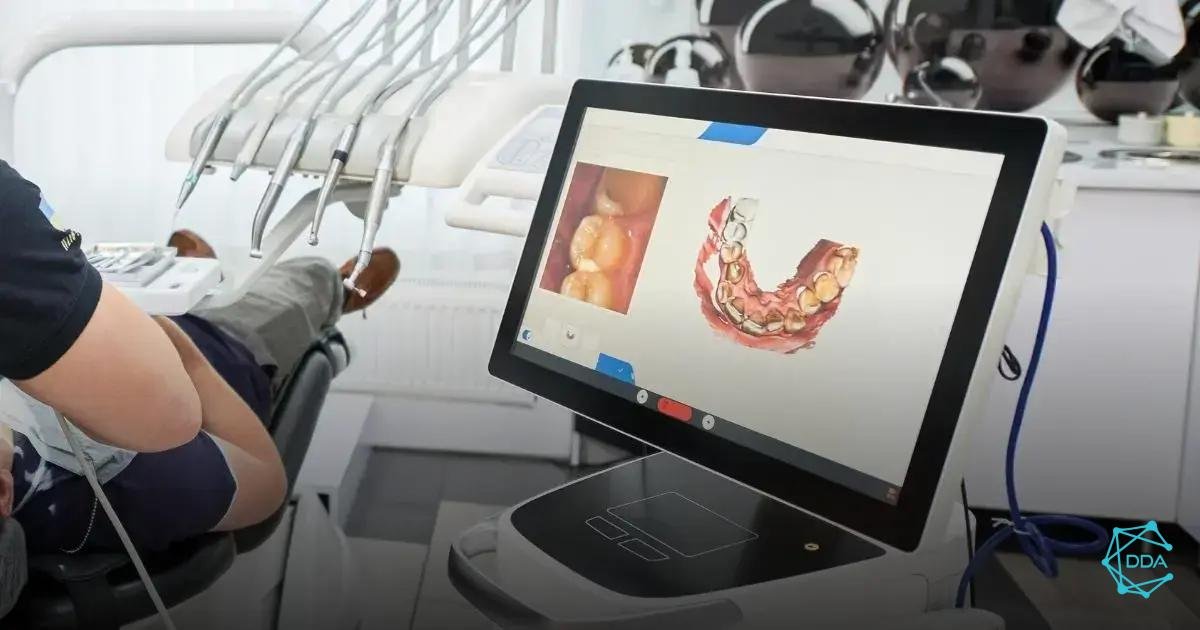

The Future of Dentistry with Digitalization
Digitalization is shaping the future of dentistry in innovative and transformative ways. As technologies continue to evolve, digital dentistry is expected to play a central role in dental practice. Here are some trends that could shape the future:
- Artificial Intelligence Integration: Artificial intelligence will be increasingly used to aid in diagnosis, treatment planning, and personalized care, making processes more efficient and accurate.
- Expansion of Teledentistry: Teledentistry is expected to become a common practice, allowing dentists to see patients remotely, expanding access to dental care, especially in rural or hard-to-reach areas.
- Use of Augmented and Virtual Reality: Augmented and virtual reality can be incorporated into training and procedure simulations, providing an immersive learning experience for students and professionals.
- Development of Advanced Materials: New biocompatible materials and 3D printing technologies will continue to revolutionize the way prosthetics and restorations are made, enabling faster, more personalized solutions.
- Sustainability in Dentistry: Digitization can also contribute to more sustainable practices, reducing material waste and promoting the use of environmentally friendly technologies in clinics.
As these trends materialize, digital dentistry will not only improve the efficiency and quality of care, but will also transform the way professionals interact with patients, creating a more connected, patient-centric future.


